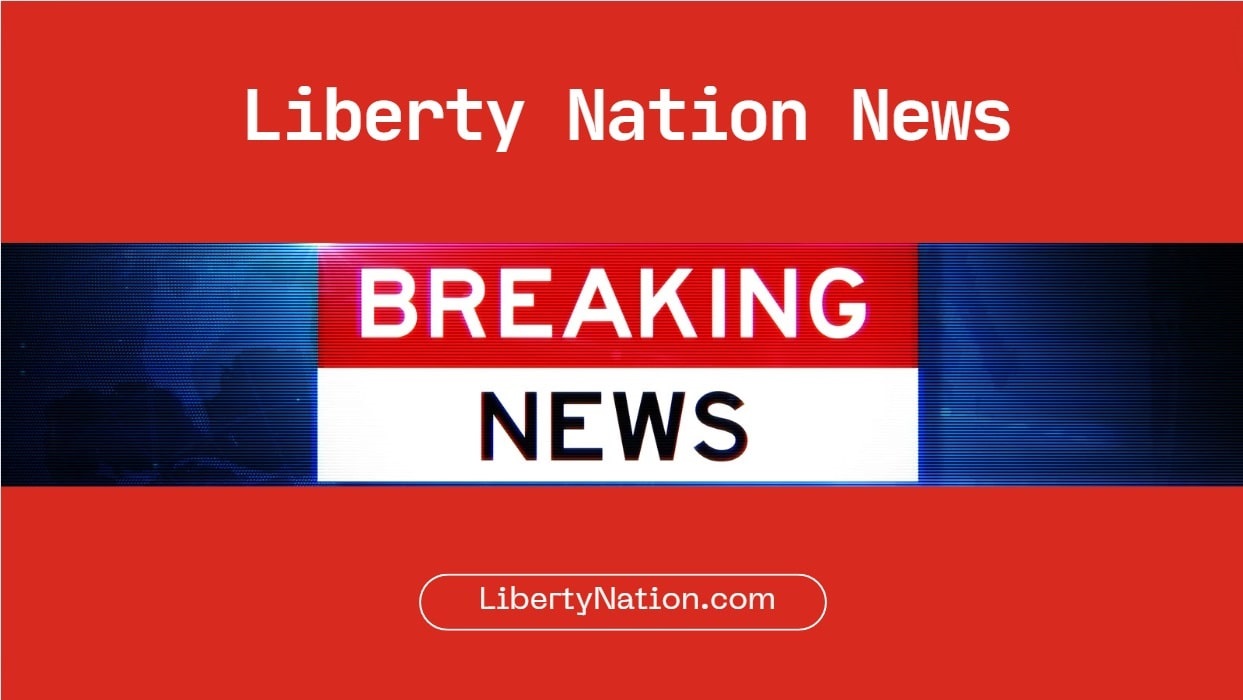Canadian Prime Minister Justin Trudeau announced his resignation Jan. 6 after almost a decade at the helm as Canada’s economy continues to suffer and Trudeau’s approval rating hovers below 30%,
“I intend to resign as party leader, as prime minister, after the party selects its next move through a robust, nationwide competitive process,” Trudeau said during a press conference. “Last night, I asked the president of the Liberal Party to begin that process. This country deserves a real choice in the next election, and it has become clear to me that if I’m having to fight internal battles; I cannot be the best option in that election.”
Finance Minister Chrystia Freeland announced her resignation on Dec.16, explaining that she was no longer in agreement with Trudeau on fiscal policy. Shortly thereafter, the prime minister’s governing coalition suffered a major blow when New Democratic Party leader Jagmeet Singh revealed that, toward the end of January, he planned to present a motion of no confidence in the incumbent. Canada’s Housing Minister Sean Fraser also announced that he would not seek re-election.
Trudeau narrowly survived a no-confidence vote in the Canadian parliament in September. A federal election is expected to be held in October 2025.










